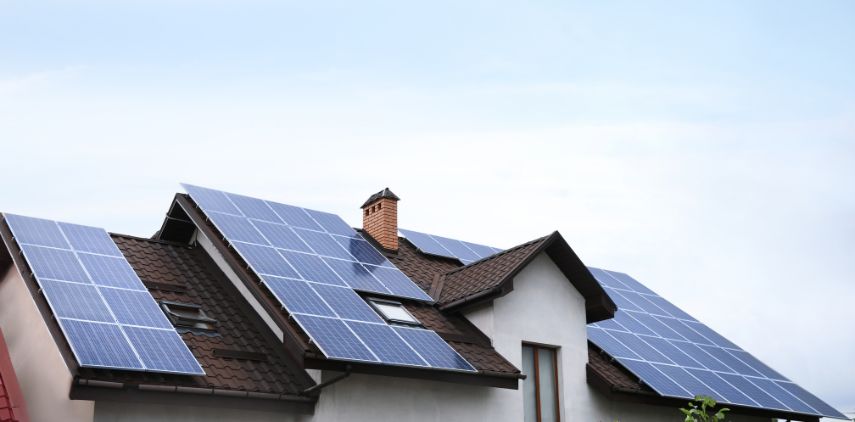Are you thinking of going solar? If so, you’re not alone. More and more people are switching to solar every day, and for a good reason. Solar panels can help reduce your monthly energy costs, and they’re a great way to do your part in protecting the environment.
But how do you know if solar is right for you? And how do you go about planning your home solar panel system? In this post, we’ll give you some tips on how to plan your solar installation. So read on to learn more.
1. Estimate Your Solar Electricity Needs
The first step is to estimate your solar electricity needs. This will help you determine the size and cost of your home solar panel electric system. To do this, you’ll need to know your:
- Home’s annual electricity usage in kilowatt-hours (kWh)
- The average price you pay for electricity per kWh
- The amount of sunlight that hits your home during the day (peak sun hours)
Once you have this information, you can use a solar calculator to estimate how much solar energy you could generate at your location.
2. Choose the Right Solar Panel System for Your Home
There are three main solar panel systems for homes: grid-tied, off-grid, and hybrid.
Grid-tied solar panel systems are the most common and simplest to understand. They are also the most efficient because they take advantage of net metering. Net metering is when your utility company credits you for the extra electricity your solar panels produce, which you can use at night or during a power outage.
The main disadvantage of grid-tied solar panel systems is that they rely on the public grid, so if there’s a power outage, your solar panels will shut down too.
Off-grid solar panel systems are not connected to the public grid, so they’re ideal for homes in remote locations or where power outages are common. The main disadvantage of off-grid solar panel systems is that they’re more expensive because you have to buy a backup generator or battery storage system.
Hybrid solar panel systems are a mix of grid-tied and off-grid systems. They’re connected to the public grid but have a backup generator or battery storage system. That way, your home will still have power if there’s a power outage.
3. Research the Available Financing and Incentives
The federal government and most states offer tax credits or other incentives for installing solar PV systems. Check with your state’s energy office or utility company to see what’s available. Several financing options are available for solar PV systems, including leases, power purchase agreements (PPAs), and loans.
If you’re considering leasing a solar PV system, make sure you understand the lease agreement terms before signing anything. In some cases, you may be responsible for maintenance and repairs on the system, and you may not be able to sell your home without first getting permission from the leaseholder.
Conclusion
Choosing an ideal solar panel electric system for your home is crucial in saving money on your electricity bills and being eco-friendly. With these tips in mind, you can be sure to find the perfect system for your home.
Research solar panel electric systems and find out which would be the best fit for your home. Be sure to consider the size of your home, how much sunlight it gets, and your budget. Once you have all of this information, you can make an informed decision on which system is right for you.

